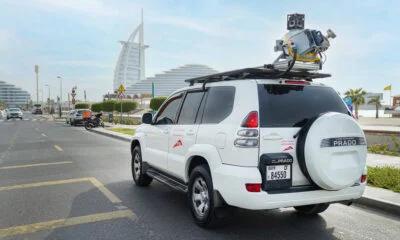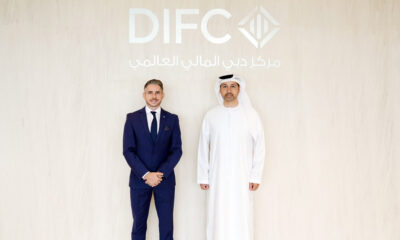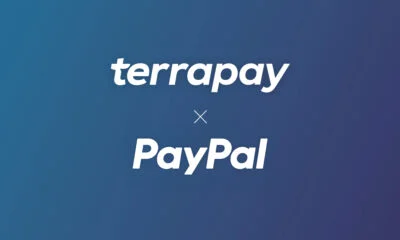News
Dubai Residents Will Soon Travel Door To Door By Flying Car
Aviation firm Aviterra has signed a deal with Dutch company PAL-V to purchase over 100 Liberty flying cars.
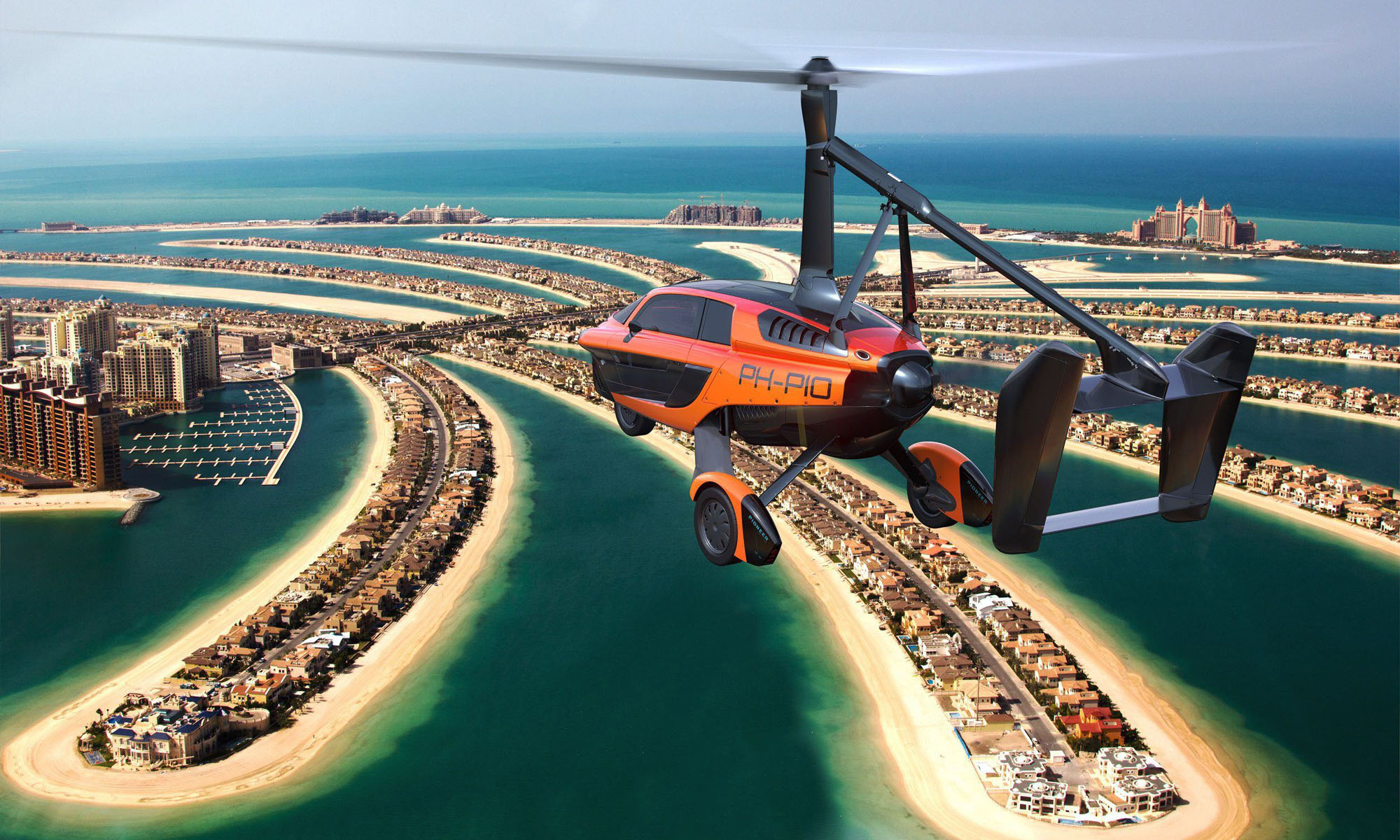
A Dubai-headquartered aviation company has signed an agreement with Dutch firm PAL-V to bring their groundbreaking flying cars to the Middle East.
Aviterra, a manufacturer of aviation and aerospace components, will purchase over 100 Liberty flying cars and directly invest in the European aviation company, they revealed in a recent joint statement.
At $799,000, the two-seat Liberty is a costly vehicle predominantly aimed at high-end, corporate, and government clients and individuals with very deep pockets. Described by PAL-V as a “personal aircraft for daily medium and long-distance commutes,” the Liberty combines a gyroplane and three-wheeled car with collapsable propellers and tail fins stored on the roof.
In car mode, the vehicle can reach 100 kph in under nine seconds and has a top speed of 160 kph. Changing into aircraft modes takes around five minutes, with the helicopter-like blades rising from the roof and the tail fins extending up and out from the rear. Finally, the car’s rear jacks up, and two hatches open to deploy the rear-facing propeller.
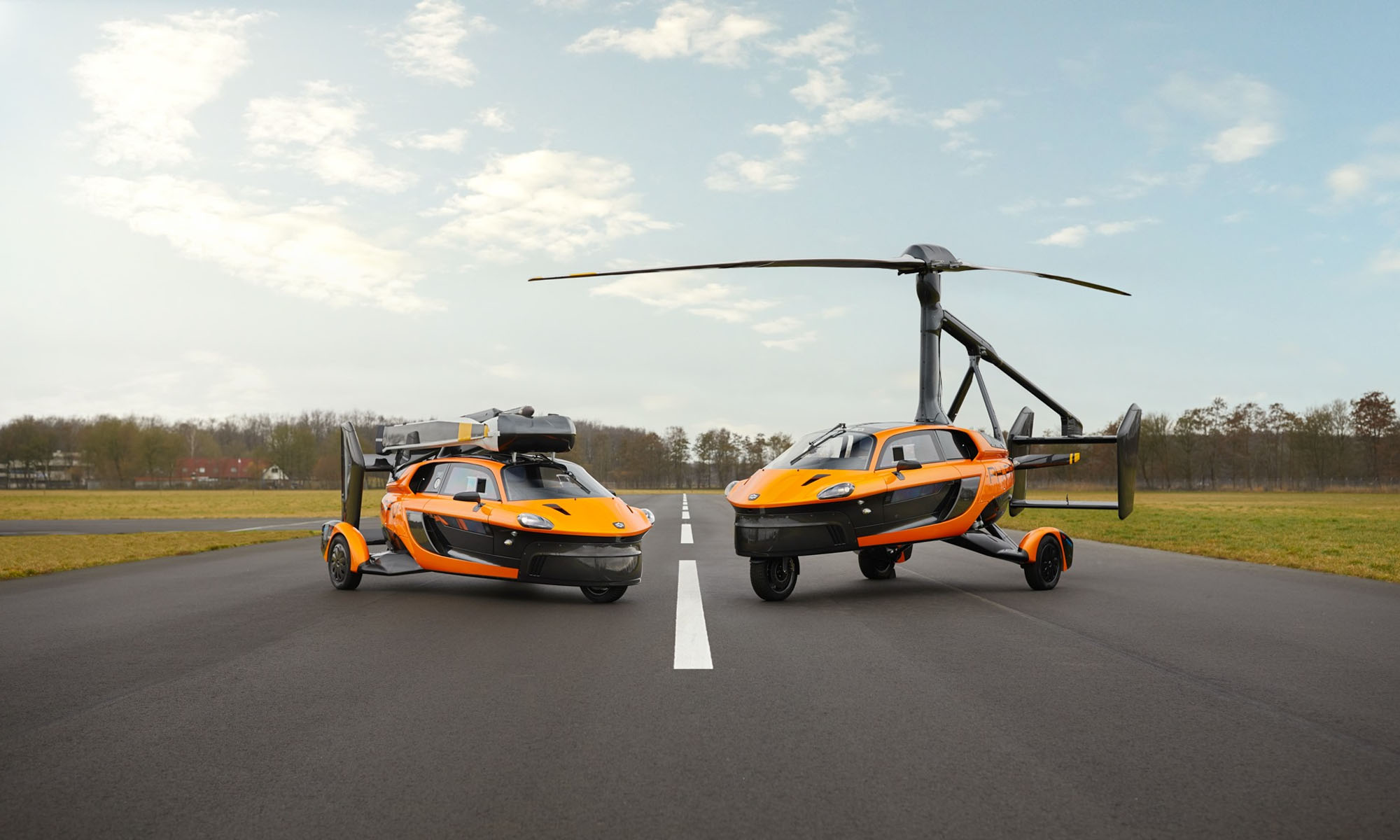
As an aircraft, the Liberty has a range of between 400 and 500 km and a maximum speed of 180 kph. It can reach an altitude of 11,000 feet and requires a runway (or straight road) of at least 200 meters for both takeoff and landing.
The current batch of Liberty flying cars run on regular gasoline but will eventually be configured as EVs “once batteries get lighter”, according to Robert Dingemanse, CEO and founder of PAL-V.
Also Read: Abu Dhabi To Develop $1 Billion eSports Island Facility
Meanwhile, as both Abu Dhabi and Dubai continue to make strong commitments to air mobility, other companies are also keen to deploy flying cars in the Middle East. Slovakian firm KleinVision, for example, is developing a flying vehicle called the Aircar, powered by a BMW engine.
Dubai’s Roads and Transport Authority recently signed agreements to use air taxis in the city in the next two years, while Abu Dhabi’s Investment Office has announced plans to introduce an all-electric air taxi fleet by 2026.
News
Google Releases Veo 2 AI Video Tool To MENA Users
The state-of-the-art video generation model is now available in Gemini, offering realistic AI-generated videos with better physics, motion, and detail.

Starting today, users of Gemini Advanced in the MENA region — and globally — can tap into Veo 2, Google’s next-generation video model.
Originally unveiled in 2024, Veo 2 has now been fully integrated into Gemini, supporting multiple languages including Arabic and English. The rollout now brings Google’s most advanced video AI directly into the hands of everyday users.
Veo 2 builds on the foundations of its predecessor with a more sophisticated understanding of the physical world. It’s designed to produce high-fidelity video content with cinematic detail, realistic motion, and greater visual consistency across a wide range of subjects and styles. Whether recreating natural landscapes, human interactions, or stylized environments, the model is capable of interpreting and translating written prompts into eight-second 720p videos that feel almost handcrafted.
Users can generate content directly through the Gemini platform — either via the web or mobile apps. The experience is pretty straightforward: users enter a text-based prompt, and Veo 2 returns a video in 16:9 landscape format, delivered as an MP4 file. These aren’t just generic clips — they can reflect creative, abstract, or highly specific scenarios, making the tool especially useful for content creators, marketers, or anyone experimenting with visual storytelling.
Also Read: Getting Started With Google Gemini: A Beginner’s Guide
To ensure transparency, each video is embedded with SynthID — a digital watermark developed by Google’s DeepMind. The watermark is invisible to the human eye but persists across editing, compression, and sharing. It identifies the video as AI-generated, addressing concerns around misinformation and media authenticity.
While Veo 2 is still in its early phases of public rollout, the technology is part of a broader push by Google to democratize advanced AI tools. With text-to-image, code generation, and now video creation integrated into Gemini, Google is positioning the platform as a full-spectrum creative assistant.
Access to Veo 2 starts today and will continue expanding in the coming weeks. Interested users can try it out at gemini.google.com or through the Gemini app on Android and iOS.


